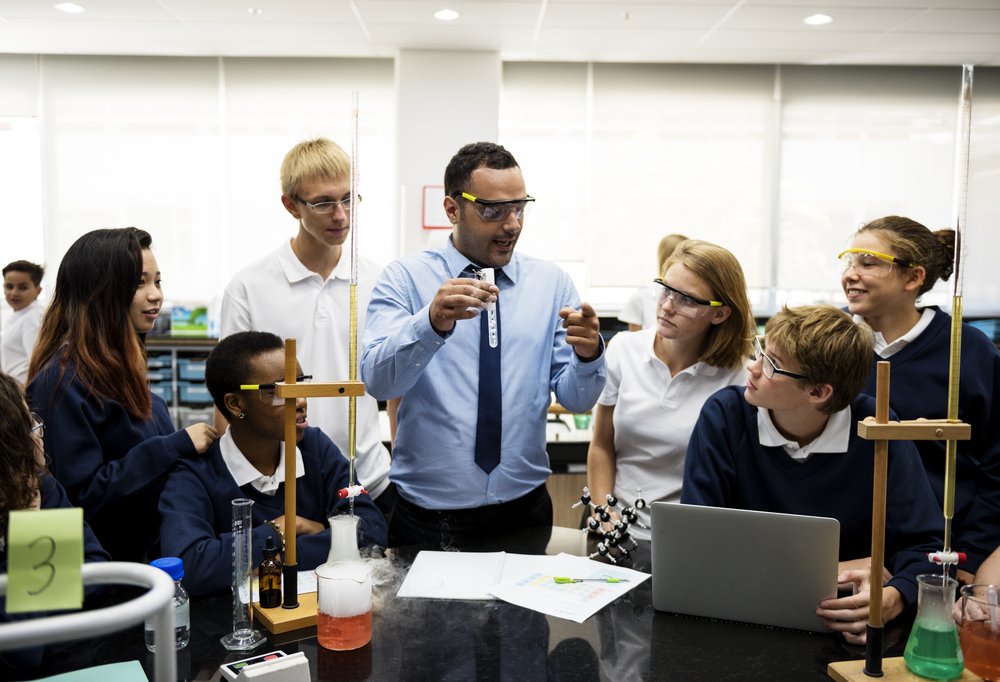Spag is now with Qwoc’s gang and is in a band
A number us remember the introduction of sp&g (aka spag) – spelling, punctuation and grammar – in GCSE science courses and the requirement for candidates to be assessed on their ability to, well, spell, punctuate and use basic rules of grammar. There was a general, though occasionally grudging, acceptance that this was appropriate: “beacker” and “potasium” set the teeth on edge and a hint of where one sentence ends and the next begins was to be welcomed. In any case, it was only a few marks.
This has now been superseded by QWC (aka Qwoc) – quality of written communication. Spag is part, but only part, of Qwoc. Qwoc is bigger and includes style of writing and appropriate organisation of information. We know that some pupils will have little difficulty with this and already express themselves in writing effectively; for others this may be a bigger challenge. Perhaps they’ll drop a couple of marks. However, Qwoc lives in a banded mark scheme. If pupils are very poor at expressing themselves this will prevent them from getting high marks on those questions, no matter how good their science is. Each external assessment in the new GCSE courses is set to have several Qwoc questions –around 30% of the marks on the paper – and at both tiers. A minority of these marks are for QWC but the banding means that if QWC is really poor, other marks can’t be accessed.
This will divide opinion. One point of view is that it’s penalising good scientists for being bad at English. We’ve all taught pupils who were good at developing ideas and making connections but who struggled to express themselves in writing. They could sometimes do reasonably well in the current form of assessments. In any case, we don’t expect our colleagues in English to reinforce in their teaching the difference between mass and weight.
The other view is that being able to generate extended written responses is an important skill for a scientist. The one line question “How does an aerofoil work?” (followed by a large space and a 6 mark allocation) is no more than we should expect from a capable GCSE science candidate. The counter posing of Science and English doesn’t reflect the true nature of science. Science is a linguistic construct; we can only develop meaning through the use of words, sentences and structures.
One thing is for sure: Spag has joined Qwoc and they’re in a band. This has implications for lesson design; there are teaching strategies that will support pupils to develop the skills to produce high quality written responses. Our sparkling classroom performer who may struggle in an exam isn’t poor at literacy (they can speak and listen) but poor at writing and there are ways of addressing this. We need to get our heads around this; we may well have colleagues who already have (and they won’t necessarily be in Science). The question is perhaps not so much how would current year 10 or 11 pupils do in such exams but what skills can be developed in the year 9 pupils with appropriately structured teaching. We may not see a stunning rise or fall in the national A*-C percentages in 2013 but I bet behind this they’ll be some increases and drops at school level.
Ed Walsh, Science Advisor with Cornwall Learning.


